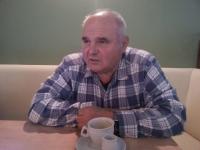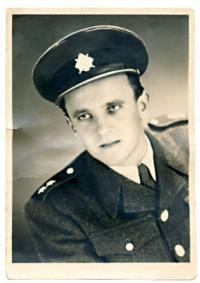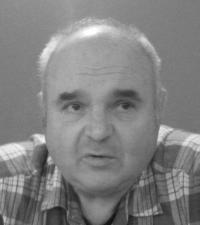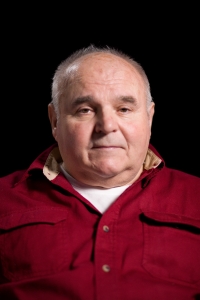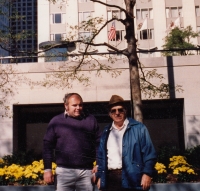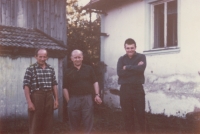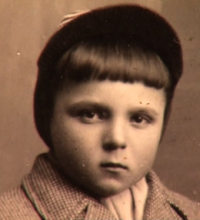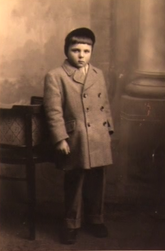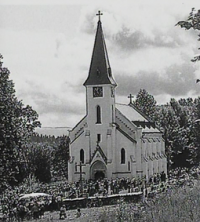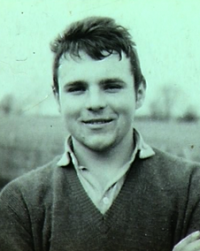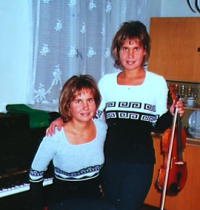We had a hard life because of our dad

Download image
Josef Vávra was born on January 16, 1949 in Prachatice as an illegitimate child. At that time, his father Josef Hasil was serving a prison sentence for transferring refugees to the West. In May 1949, he escaped from the prison and joined the US Secret Service. He later lived in the USA. Until the age of one, a witness grew up with his maternal grandparents, after the communists imprisoned them and their mother Maria Vávrová, they were taken in by their relatives from Volary. In 1953, her grandmother Anna Vávrová returned from prison and took Josef to the farm in the village Škarez. His mother Marie Vávrová got married and moved away, Josef stayed with his grandmother who raised him. The witness trained to be an electrician and graduated while already being employed. He worked in the field all his life. In 1968, Josef married Věra, née Turková. Two children, a daughter Věra and a son Josef, joined the family in a short time. Both died under unclear circumstances in the hospital. In 1974, the twins Petr and Pavel were born to Vávra family. The witness first met his father Josef Hasil in 1993. In 2020, Josef Vávra lived with his wife Věra in Dvory u Husince.
